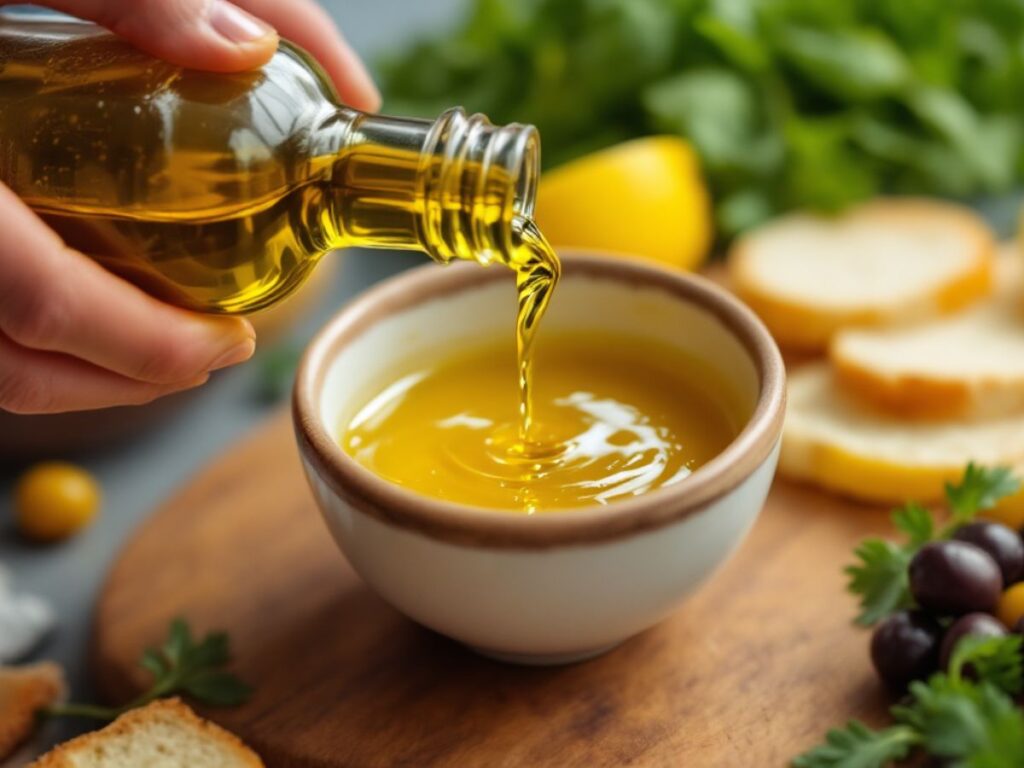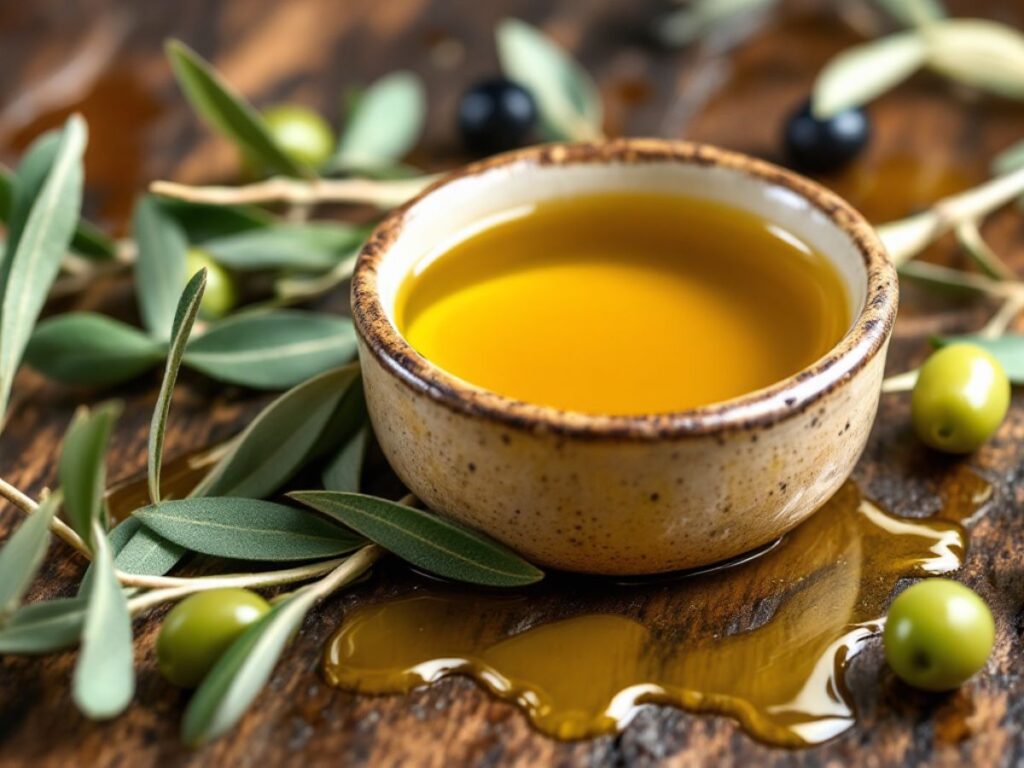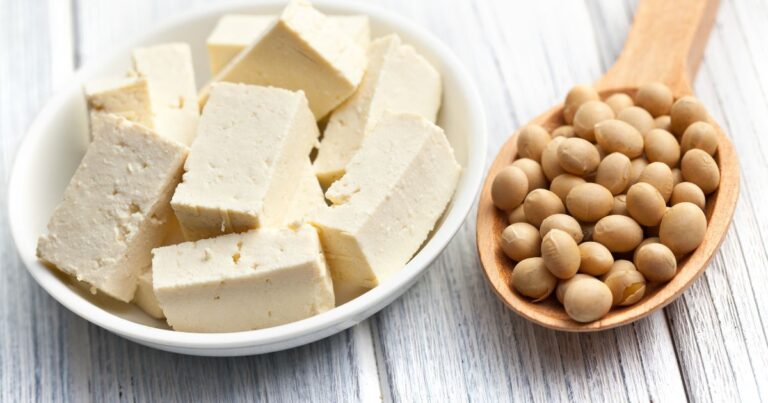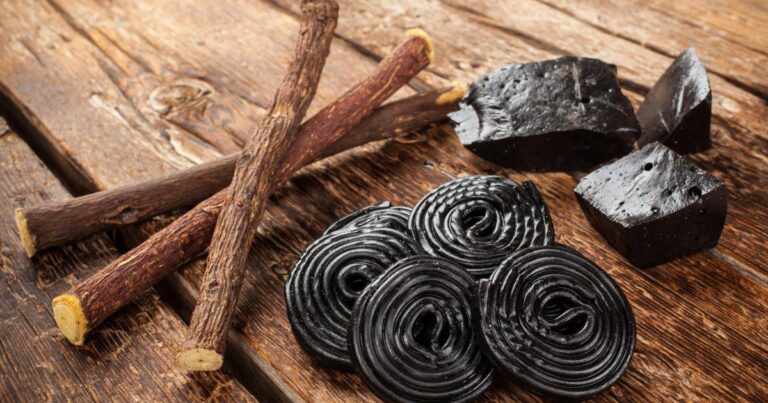Extra Virgin Olive Oil & Gastroesophageal Reflux Disease
Have you ever heard the mediterranean tale of taking a tablespoon of extra virgin olive oil on an empty stomach to set your stomach up for the day with unbelievable benefits? This might not be a fairy tale story anymore with more people taking interest in old home remedies instead of on-the-shelf medicines. With acid reflux and heartburn on the other side of that slice of pepperoni pizza you just ate, you have to ask yourself, “Is Olive Oil Good For Acid Reflux?” Because that would be great right now.

So, Let’s get right into it. Is there any benefit in taking a bit of extra virgin olive oil on an empty stomach? With its rich flavor and health benefits, olive oil has been a staple in kitchens for generations.
But did you know that it might just be the knight in shining armor for those of us dealing with what’s called gastroesophageal reflux disease (GERD) symptoms?
That’s right! This culinary favorite is not just for enhancing your dishes but might also be a gentle yet effective way to manage acid reflux.
Acid reflux, the uninvited guest that can turn any meal into a gamble, has had many of us wondering how to keep it at bay. If you’ve ever felt that burning sensation in your chest, you know exactly what I’m talking about.
Now, as someone who spends a lot of time both enjoying and creating culinary delights, I’ve had my fair share of battles with acid reflux episodes.
It’s led me on a quest to find not just any solution but one that’s as natural and beneficial as possible. That’s when extra virgin olive oil (EVOO) sauntered into the picture, and let me tell you, it’s not just for drizzling on your bruschetta although you might end up with an monthly olive oil subscription after this one.
Table of Contents
Is Olive Oil Good For Acid Reflux

We’ll look into its amazing benefits, from fighting inflammation and being packed with antioxidants, to helping with weight management and slowing down our digestion in a good way.
This isn’t just about making our fatty foods taste better; it’s about discovering a natural way to ease those uncomfortable GERD symptoms.
So, keep reading if you’re curious how this simple oil can make a big difference. Let’s go through this together and see how olive oil can enhance our meals and comfort our stomachs.
Understanding Acid Reflux

First off, let’s break down what we’re up against. Acid reflux happens when stomach acid flows into a detour, moving back into the esophagus, leading to that all-too-familiar burning sensation.
It’s like your stomach’s throwing a party, and the acid’s decided to crash it. GERD, on the other hand, is when this becomes a regular occurrence, turning every meal with acidic foods into a potential hassle.
The Olive Oil Proposition

Now, onto the hero of our story: extra virgin olive oil. This isn’t just any fat; it’s a superfood in its own right.
Packed with anti-inflammatory compounds, antioxidants, and healthy fats, EVOO has been whispering secrets of health benefits for ages. But how exactly does it stand up and not worsen acid reflux?
1. Natural Anti-inflammatory Powerhouse

Oleocanthal, the magic bullet: EVOO contains oleocanthal, a compound that mimics the effects of ibuprofen in its anti-inflammatory prowess. Inflammation can exacerbate GERD symptoms, making your esophagus more sensitive to stomach acid. By soothing this inflammation, we’re essentially calming the fires of Mount Vesuvius in your chest.
A spoonful of EVOO keeps the doctor away: Starting your day with a tablespoon of EVOO can prep your digestive system, reducing inflammation before it starts. Think of it as your morning armor against acid reflux.
2. A Fountain of Antioxidants

Polyphenols to the rescue: These antioxidants are like the bodyguards of your esophageal lining, protecting it from the oxidative stress caused by invading stomach acid. Strengthening this barrier reduces the chances of damage and irritation, making acid reflux less of a threat.
EVOO, the daily elixir: Incorporating EVOO into your daily diet, whether in salads or for cooking, ensures a steady supply of these antioxidants, fortifying your defenses against GERD.
3. Managing Weight and Gastric Emptying

A balancing act: While olive oil is high in calories, its monounsaturated fats can help manage weight, a crucial aspect since obesity is a significant risk factor for acid reflux. Replacing saturated fats with EVOO can aid in maintaining a healthy weight.
Slowing things down: Interestingly, EVOO can slow gastric emptying. This means food stays in your stomach longer, reducing the risk of acid making an unwelcome return trip. It’s like putting a speed limit on your digestion, ensuring everything moves at a pace that doesn’t invite reflux.
Conclusion: The Takeaway

While olive oil might seem like another ingredient in your pantry, its potential benefits for managing acid reflux are too significant to overlook.
Incorporating extra virgin olive oil into your diet is not just about elevating your meals. Still, it could also be a gentle, natural way to keep those acid reflux symptoms at bay.
Remember, everyone’s body reacts differently, so consider this part of a broader strategy to manage GERD with chest pain, including lifestyle and dietary changes.
And there you have it! Who knew the secret to neutralize stomach acid could be hiding in plain sight in our kitchens?
As we’ve seen, extra virgin olive oil isn’t just for making your salads sing; it’s also about helping your digestive system.
FAQ and Additional Information
Which oil is best for acid reflux?

When managing acid reflux, the choice of oil, particularly olive oil, can make a difference; while no single oil can cure acid reflux, some oils are better suited for those with gastroesophageal reflux disease (GERD) due to their chemical composition and health benefits.
Among these, extra virgin olive oil stands out as a perfect option for several reasons:
Low Acidity: Extra virgin olive oil is known for its low acidity compared to other oils. This makes it gentler on the stomach and less likely to trigger acid reflux symptoms.
Anti-inflammatory Properties: It contains oleocanthal, a compound with anti-inflammatory effects that can help soothe the esophagus and reduce irritation caused by acid reflux.
High in Antioxidants: The antioxidants in extra virgin olive oil, such as polyphenols, can protect the digestive tract lining and reduce oxidative stress, which is beneficial for those with GERD.
Healthy Fat Content: The monounsaturated fats in olive oil are healthier for the digestive system compared to saturated fats and trans fats found in many other cooking oils. These healthier fats can aid digestion and may help reduce the risk of GERD symptoms.
It’s important to note that while extra virgin olive oil is a healthier choice for those with acid reflux, individual responses can vary.
It’s also crucial to use it in moderation, as all fats are high in calories. It is key to incorporate it into a balanced diet that avoids known GERD triggers (such as spicy foods, caffeine, and chocolate).
Does olive oil soothe the stomach?

Yes, olive oil can soothe the stomach for several reasons, making it a beneficial addition to the diet for those looking for natural digestive aids. Here’s how olive oil, particularly extra virgin olive oil (EVOO), can help:
1. Anti-inflammatory Properties
Olive oil contains oleocanthal, a compound with anti-inflammatory properties similar to ibuprofen. This can help reduce inflammation in the digestive tract, offering relief from discomfort and potentially soothing conditions like gastritis.
2. Antioxidant Content
EVOO is rich in antioxidants, such as vitamin E and polyphenols. These compounds can protect the stomach lining from oxidative stress and reduce the risk of ulcers by strengthening the mucosal lining.
3. Monounsaturated Fats
The high content of monounsaturated fats in olive oil can aid digestion by stimulating the gallbladder to release bile, which helps break down fats. This process can make digestion smoother and less taxing on the stomach.
4. Gastric Health Support
Some studies suggest that olive oil can help prevent and repair damage to the gastric lining, reducing the risk of ulcers. Its antibacterial properties may also combat Helicobacter pylori, a bacterium implicated in gastritis and peptic ulcers.
5. Mild Laxative Effect
Olive oil can act as a natural laxative, helping to ease constipation. A tablespoon of olive oil taken on an empty stomach can stimulate digestion and aid bowel movements, relieving constipation and contributing to overall gastric health.
While olive oil has these potential benefits, it must be used in moderation due to its high-calorie content.







